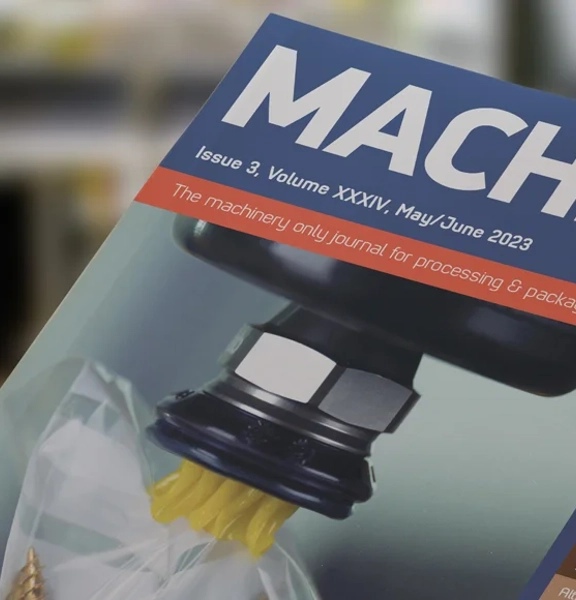Become a member
Take advantage of exclusive member benefits, world class events, networking and specialist support








 Become a member
Become a member 

Running an energy audit can result in savings of up to 60% on costs from compressed air, according to Festo, with leakages accounting for as much as 35% of air supplied to any system.
Typically, says Festo technical consultant Steve Sands, 5–35% of compressed air is lost to leakage and approximately 70% of these leaks are found in basic tubing, connectors and fittings. “An audit, which should be conducted in compliance with ISO 11011:2013, will identify exactly where to make efficiency gains across the entire energy chain, from supply to end-use,” he says.
Beyond audits, says Sands, optimising machinery is of crucial importance. “Compressed air consumption often represents roughly 75% of the total lifetime cost of operation of a typical packaging or assembly machine,” he reports. “So, even a small change in air consumption will have a large impact on operational cost. Machines that are matched to specific applications, by tuning pressure settings beyond the standard ‘factory’ machine norms, can make a big difference to overall energy efficiency and cost.”
Increasingly, new machinery features live energy consumption measurement, and this can help to ensure efficient operation for years, Sands adds.
Devices from pulse valves to intelligent flowmeters can be retrofitted, and AI-powered energy management systems are another option.
“One example is Festo AX, an AI software package that interfaces with a wide range of industrial protocols and can be ‘trained’ to recognise ‘normal’ energy consumption patterns,” says Sands. “Any anomaly is pinpointed and communicated in real-time, so any leaks are detected at an early stage and energy costs are reduced.”
Engaging teams in energy reduction initiatives and training them on sustainable practices ensures lasting improvements, Festo argues. External consultants, like those from the company’s own Festo Didactic, it adds, can support these efforts by developing tailored training programs and monitoring long-term progress.
0800 626 422